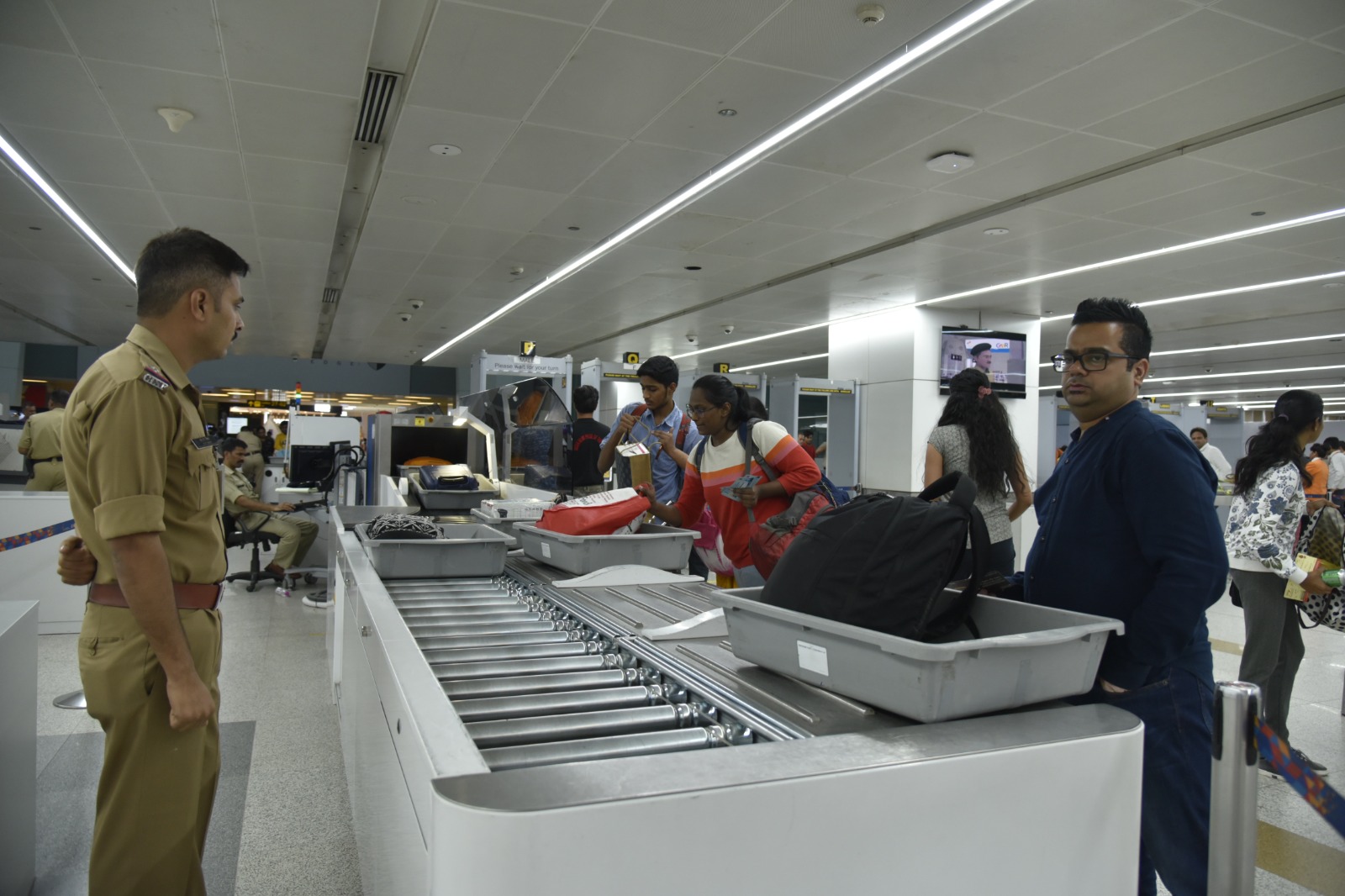
The security and efficiency of airport operations rely heavily on effective hold baggage screening (HBS) solutions. These solutions must meet stringent criteria to ensure the safety of passengers and staff while maintaining optimal operational flow. Here are some of the key factors to consider when evaluating HBS solutions:
Compliance: HBS solutions must comply with the latest international regulations and standards set by organizations like ECAC and TSA. This ensures comprehensive detection of known and emerging threats, including explosives, weapons and other prohibited items.
Advanced Technology: Utilizing advanced technologies like X-ray computed tomography (XCT) provides superior detection accuracy, minimizing false alarms while ensuring thorough screening of all baggage.
Threat Detection Capability: The ability to identify not only known threats but also emerging and undefined ones is crucial for future-proofing the HBS system. This ensures long-term effectiveness as security landscapes evolve.
High Throughput: HBS solutions should handle large volumes of baggage efficiently, minimizing delays and inconvenience for passengers. Faster belt speeds contribute to increased throughput, allowing airports to process more baggage with fewer machines.
Low False Alarm Rates (FAR): Minimizing false alarms is critical for streamlining operations and reducing unnecessary re-screening, saving time and resources.
Networked Systems: Advanced networking capabilities allow HBS solutions to connect multiple lines, terminals, or even airports across different locations, further enhancing efficiency and performance.
Durable Components: HBS systems should be built with high-quality components that can withstand rigorous airport operations over a long period.
Efficient Service Support: Proactive and predictive maintenance programs, along with regular software updates, contribute to extending the lifespan of the HBS solution.
Upgradability: Network infrastructure and other system components should be upgradable without requiring replacement of the entire system, protecting core investments and ensuring long-term value.
Additional Considerations:
By meeting these key criteria, HBS solutions can deliver superior performance, enhanced security and long-term value, enabling airports to effectively manage baggage screening, protect passengers and ensure efficient operations.
GEMS, with its extensive experience and expertise in HBS solutions, delivers comprehensive and innovative solutions that address all these critical criteria. GEMS' solutions offer ECAC-3 compliant XCT systems, exceptional throughput capacity, best-in-class image storage, sophisticated 3D imaging capabilities and a commitment to long-term value through preventative maintenance, software updates and upgradeability. By partnering with GEMS, airports can achieve the highest standards of security and efficiency while ensuring the longevity of their HBS investment.
If you need any services, drop us a mail at Rohitkumar.Singh@gmrgroup.in or get in touch with us at +919717199753.